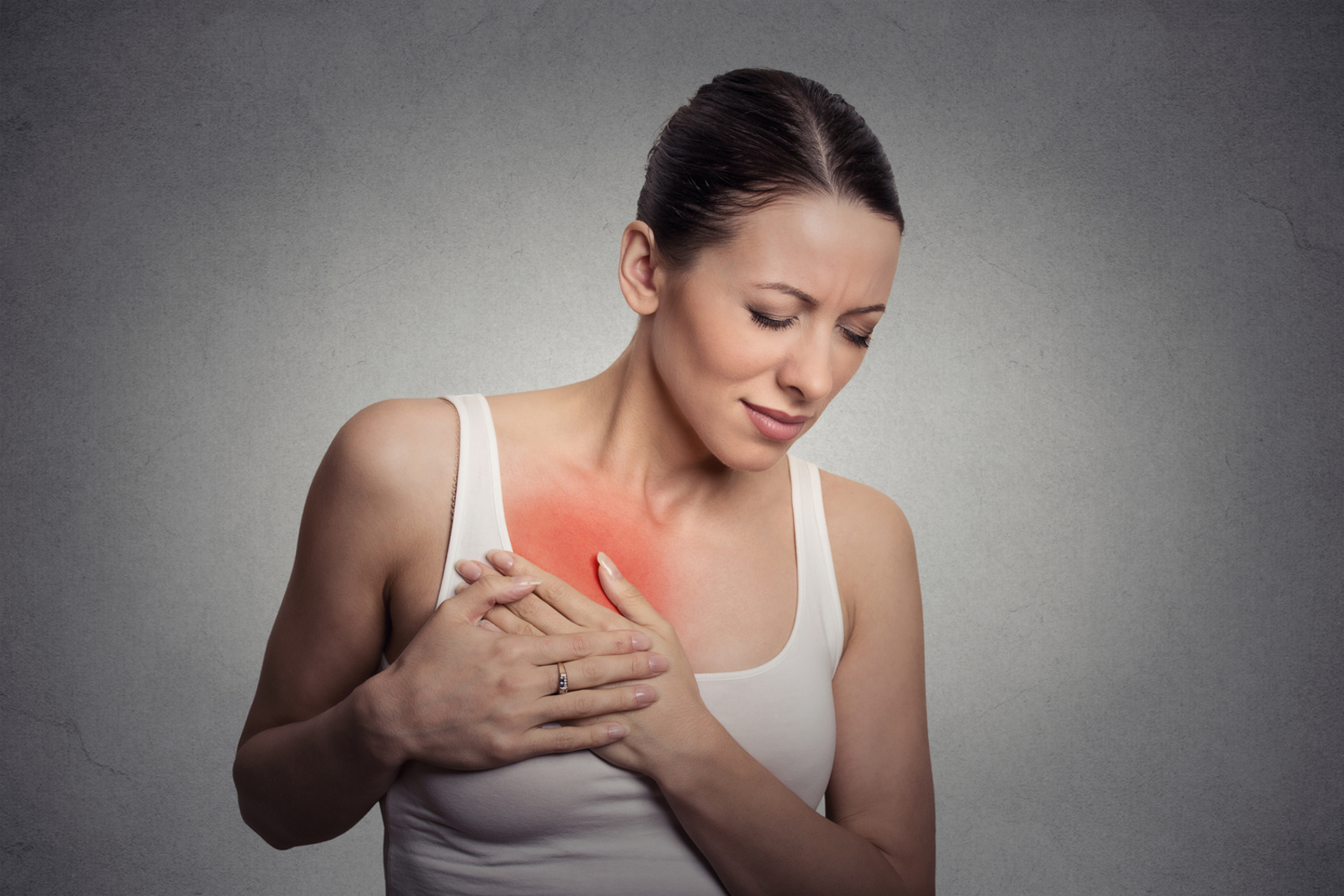
7 Common Risk Factors For Breast Cancer
And Treatment Options
Breast cancer is a type of cancer that forms in the cell of the breast—it is one of the most common cancers diagnosed in women in the United States. Symptoms include a lump in the breast tissue or underarm; change in the appearance of the breast, skin, or nipple; irritation of the breast skin; new nipple discharge; and more. While there is no cure, there are many medications and treatments that can help, including treatment medications like Venetoclax, Trastuzumab, Tamoxifen, and Ibrance. Some are more likely than others to develop breast cancer—here are 7 common risk factors for breast cancer:
1. Beginning your period at an earlier age
If you begin your period before the age of 12, your risk of breast cancer increases. This is due to a longer exposure of estrogen to the breast tissue during the menstrual cycle, and more exposure to estrogen means more of a risk of breast cancer.
2. Being female
While men can still develop breast cancer, women are at a much higher risk of developing this type of cancer. This is due to females constant exposure of breast cells to estrogen and progesterone, which promotes cell growth and the division and proliferation of breast tissue. This process can increase the risk of cancer-causing mutations.
3. Age
As you age, your risk of developing breast cancer increases. In fact, the majority of breast cancer diagnoses are found in women aged 55 or older.
4. Family history of breast cancer
If a close relative has had breast cancer, your risk of developing this type of cancer is increased. About 20-30% of women diagnosed with cancer also have a family member that has experienced/been through the same disease.
5. Radiation exposure
If you have received radiation therapy to the chest between the ages of 10 and 30, you’re at a higher risk of developing breast cancer. This is especially high if the exposure was during a time of development, or adolescence, when the breasts were still developing.
6. Having never been pregnant
Women who have never been pregnant are at greater risk of developing breast cancer than those who have been pregnant. This is because women who have been pregnant experience pregnancy-related breast changes that result in a lifelong protective effect. In fact, the more times a woman is pregnant, the more they decrease their risk.
7. Alcohol consumption
Alcohol consumption is a well-known risk factor for many types of cancer, but most would assume breast cancer isn’t one of them—this is false. Alcohol consumption can increase levels of estrogen and risks damage to DNA in cells, both of which cause a higher risk of breast cancer.
You should get screened for breast cancer every year if you’re a woman between the ages of 45-54. Regardless of your age, you should self-examine your breasts monthly for signs of breast cancer.


